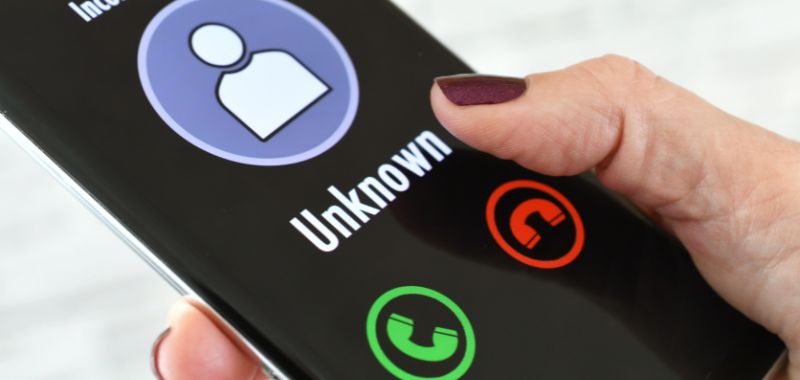
Goodbye to spam calls?
Over the last few weeks, there has been a lot of news published about the supposed ban on spam calls.
But is it true? Is it really the end of spam calls to our mobile phones from 29 June 2023? Throughout this article we will develop the normal ban on such calls and in what terms, although we can already tell you that it is not the end of commercial communications via electronic means.
Regulating and combating spam calls
The new Telecommunications Law regulates in Article 66.1 b) that Users shall have the right not to receive unwanted calls for commercial communication purposes, unless there is prior consent of the user himself to receive this type of commercial communications or unless the communication can be supported by another basis of legitimacy of those provided for in Article 6.1 of Regulation (EU) 2016/679 on the processing of personal data.
In this sense, telemarking companies or third parties may only make calls for advertising purposes when the User has given express consent and/or when there is a legitimate basis for making such calls in accordance with the provisions of the regulations on privacy.
By way of example, there will be a legitimate basis for making commercial calls if there has been a previous relationship with the User in question and the product or service to be offered is similar to the one we had previously contracted.
In this regard, the AEPD states that it is presumed, in the absence of evidence to the contrary, that the processing is lawful when there is a prior contractual relationship, provided that the data controller has lawfully obtained the recipient’s contact details and uses them for commercial communications relating to products or services of its own company that are similar to those initially contracted with the client.
Therefore, the novelty established by the new Telecommunications Law was already an obligation to be met in electronic communications aimed at preventing spamming of advertising emails.
Protecting users from unwanted telephone calls
In order to protect the rights of users, the Spanish Data Protection Agency has published a circular detailing the guarantees for users that contribute to reinforcing the lawfulness of the processing, referring to the duty to inform and the way to withdraw consent or exercise the right to object, including the recording of calls in accordance with the principle of proactive responsibility as a way of accrediting compliance with the requirements established in this circular.
The AEPD also states that commercial calls may not be made to randomly generated numbers without the user’s prior consent. Calls to users who appear in subscriber directories will require that they have given their specific prior consent for their data to be used for commercial purposes, and this consent must be expressly stated, in general, in the corresponding directories.
Measures to curb telephone harassment and spam calls
Regardless of the protection granted by the new Telecommunications Law, Users are recommended to continue registering on Robinson lists, as companies are obliged to consult the advertising exclusion systems beforehand, in the cases and terms provided for in article 23 of Organic Law 3/2018, of 5 December.
In addition, companies should, for each call, adopt additional safeguards, including the following:
- At the beginning of each call, inform about the identity of the employer and, if applicable, the identity of the person on whose behalf the call is being made, indicate the commercial purpose of the call and inform about the possibility of revoking consent or exercising the right to object to receiving unwanted commercial calls.
- Any unequivocal statement by the user against receiving such calls shall be understood as a revocation of consent or, where appropriate, exercise of the right of opposition, and must be dealt with immediately.
- The recording of the call as a means of demonstrating compliance with personal data protection regulations.
In short, this regulation aims to protect the rights of Users not to be subjected to constant telephone bombardment for advertising purposes and to encourage companies to ensure that such calls are made in an appropriate manner or else they may be penalized.
At Let’s Law by RSM, our lawer have wide experience in digital law and data protection, among other fields. Do not hesitate to contact us with any inquire.

Letslaw es una firma de abogados internacionales especializada en el derecho de los negocios.







